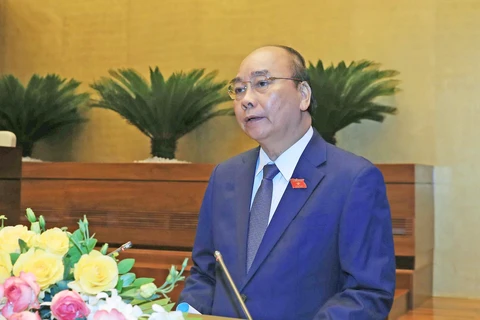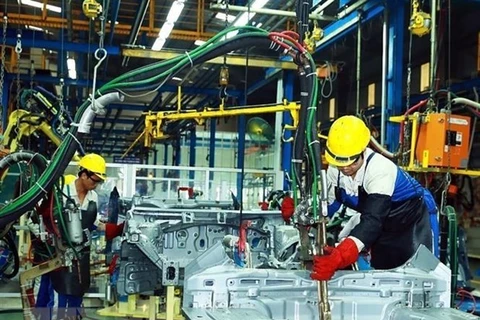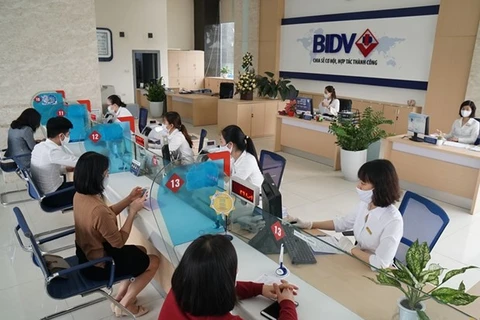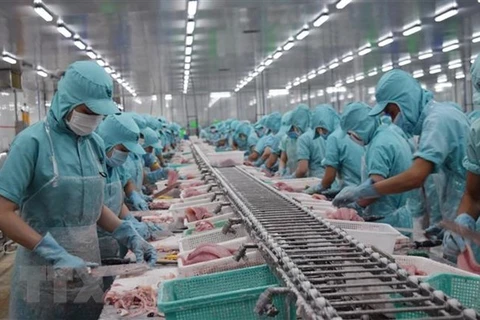Hanoi (VNA) – The US-based Brookings Institute on May 20 ran an article attributing Vietnam’s success in COVID-19 containment to its improved governance and policy coordination.
Vietnam is now one of the first countries to ease social distancing measures and reopen its society, it said.
According to the article, Vietnam’s state capacity was not born overnight but resulted from decades-long efforts to improve governance and responsiveness at local levels.
Data from Vietnam’s Provincial Competitiveness Index (PCI) and Provincial Administrative Performance Index (PAPI) showed that the Vietnamese provinces have made steady improvements in healthcare, information access, and corruption control. Access to health insurance has grown rapidly over time, with 90 percent of Vietnamese citizens insured today.
Taken together with the government’s policy to provide mass quarantine largely free of charge, these data suggest that the Vietnamese citizens today did not have to worry about costs from COVID-19 tests, associated hospitalisation, and centralised quarantine, thereby increasing their willingness to comply with extensive contact tracing and strict quarantine measures.
Vietnam’s ongoing anti-graft campaign has generally received favourable responses from watchers and international audiences, it said, adding that the anti-graft campaign has also intersected with the pandemic response. The head of the Hanoi’s Centre for Disease Control has recently been indicted on a charge of collusion to inflate COVID-19 test kit costs.
The institute stressed that transparency efforts have also mitigated skepticism towards the Vietnamese Party and State’s COVID-19 reporting. The Ministry of Health has posted all reported cases online, enabling deeper analysis by data scientists and bloggers, and gaining endorsement from public health experts.
Commenting on Vietnam’s post-pandemic growth, the article said the current strategy focuses on promoting the domestic market and repositioning Vietnam for opportunities in shifting global supply chains.
To promote Vietnam’s domestic market, it said the Vietnamese leaders have issued a host of relief measures, including freezing business obligations to pay costs such as retirement and life insurance contributions, providing quick-access loans for wage payments, and increasing social welfare for laid-off workers.
Vietnam’s leaders have put forth a plan to promote linkage in the domestic market, including in tourism, agriculture, and seafood. Among other actions, this requires reorienting businesses towards high-demand areas.
While eager to restart its economy, the country also made clear that economic revitalisation must be balanced with public health goals by imposing limited hours for businesses, crowd control, and continued enforcement of social distancing requirements. Compliance with these measures hinges on continued public trust.
The article concluded that Vietnam’s improving governance and central-local policy coordination have helped it weather the COVID-19 pandemic, enabling the reopening of its society and economy ahead of most peers.
Despite the clear challenges Vietnam faces, the country’s strong growth trajectory and swift COVID-19 response have positioned it to be one the world’s few economic bright spots. The World Bank projected that Vietnam will be one of few countries to experience positive economic growth in 2020, and it managed to attract 8.6 billion USD in foreign investment during the first quarter of 2020. This success, however, depends upon continuing the historical trajectory of improved economic governance, including reducing corruption./.
























